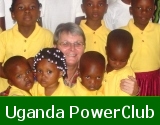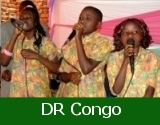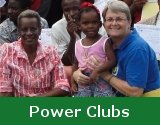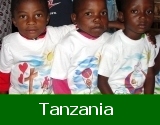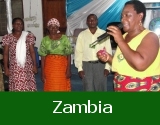 |
Contact usPowerPlay Centres
Youth Ministry
A.B.C.DA.B.C.D TrusteesA.B.C.D DirectorsAfrica PowerClubsMoringa |
home >>powerplay center >>
Africa PowerPlay Center Information sourced from wikipedia.org The very high rate of HIV infection experienced in Uganda during the 80's and early 90's created an urgent need for people to know their HIV status. The only option available to them was offered by the National Blood Transfusion Service, which carries out routine HIV tests on all the blood that is donated for transfusion purposes. Because the need for testing and counseling was great, a group of local NGOs together with the Ministry of Health established the AIDS Information Centre in 1990 to provide HIV testing and counseling services with the knowledge and consent of the client involved. In Uganda, HIV/AIDS has been approached as more than a ‘health’ issue and in 1992 a “Multi-sectoral AIDS Control Approach” was adopted. In addition, the Uganda AIDS Commission, also founded in 1992, has helped develop a national HIV/AIDS policy. A variety of approaches to AIDS education have been employed, ranging from the promotion of condom use to 'abstinence only' programmes. To further Uganda's efforts in establishing a comprehensive HIV/AIDS program, in 2000 the MOH implemented birth practices and safe infant feeding counseling. According to the WHO, around 41,000 women received Preventing Mother To child Transmission (PMTCT) services in 2001.[2] Uganda was the first country to open a Voluntary Counselling and Testing (VCT) clinic in Africa called AIDS Information Centre and pioneered the concept of voluntary HIV testing centers in Sub-Saharan Africa. The Ugandan government, through President Yoweri Museveni, has promoted this as a success story in the fight against HIV and AIDS, arguing it has been the most effective national response to the pandemic in sub-Saharan Africa. Though equally there has in recent years been growing criticism that these claims are exaggerated, and that the HIV infection rate in Uganda is on the rise, perhaps linked to over-emphasis on abstinence at the expense of condom use[citation needed]. |
| Copyright © 2022 www.UnitedCaribbean.com. All rights reserved. Disclaimer Click to Contact us |

